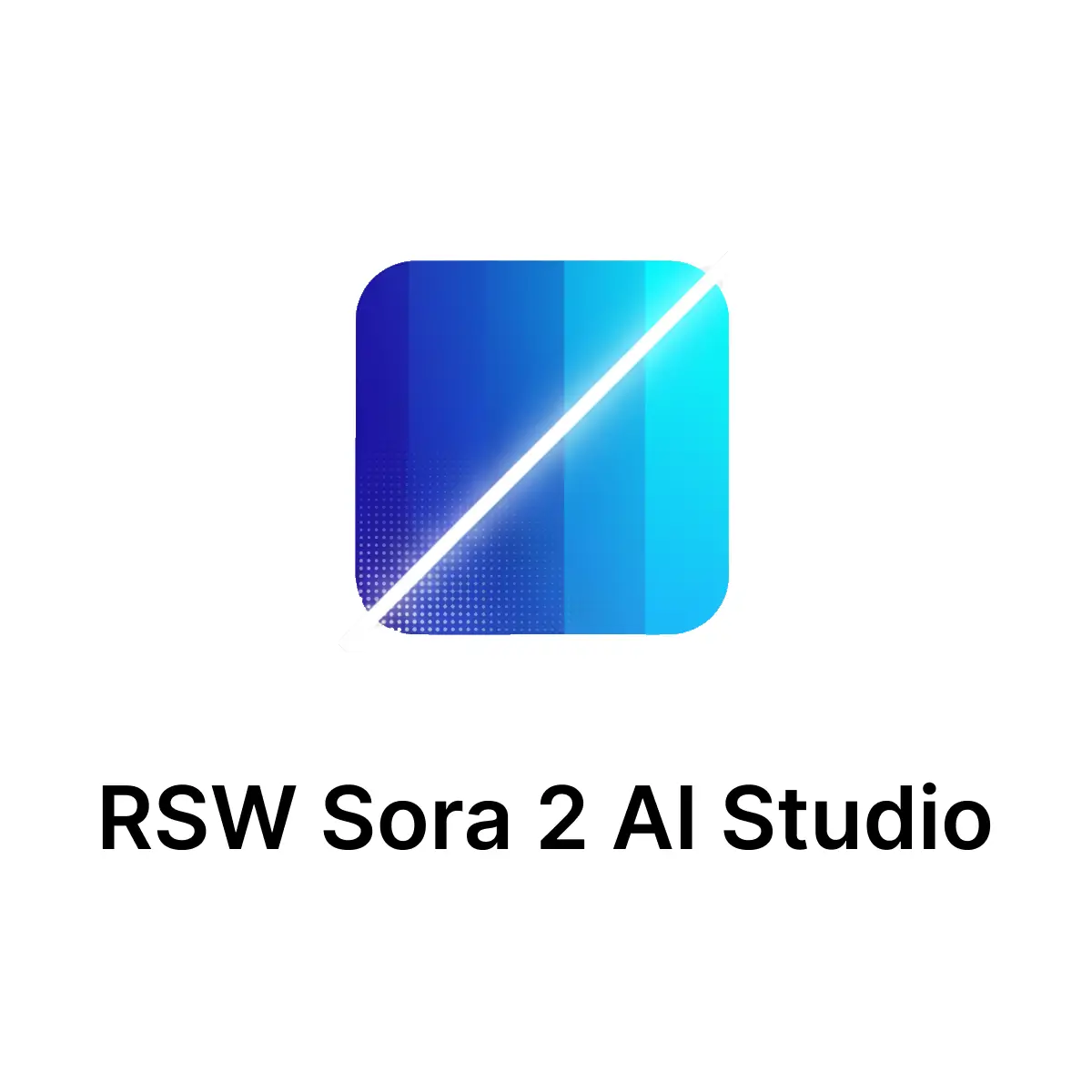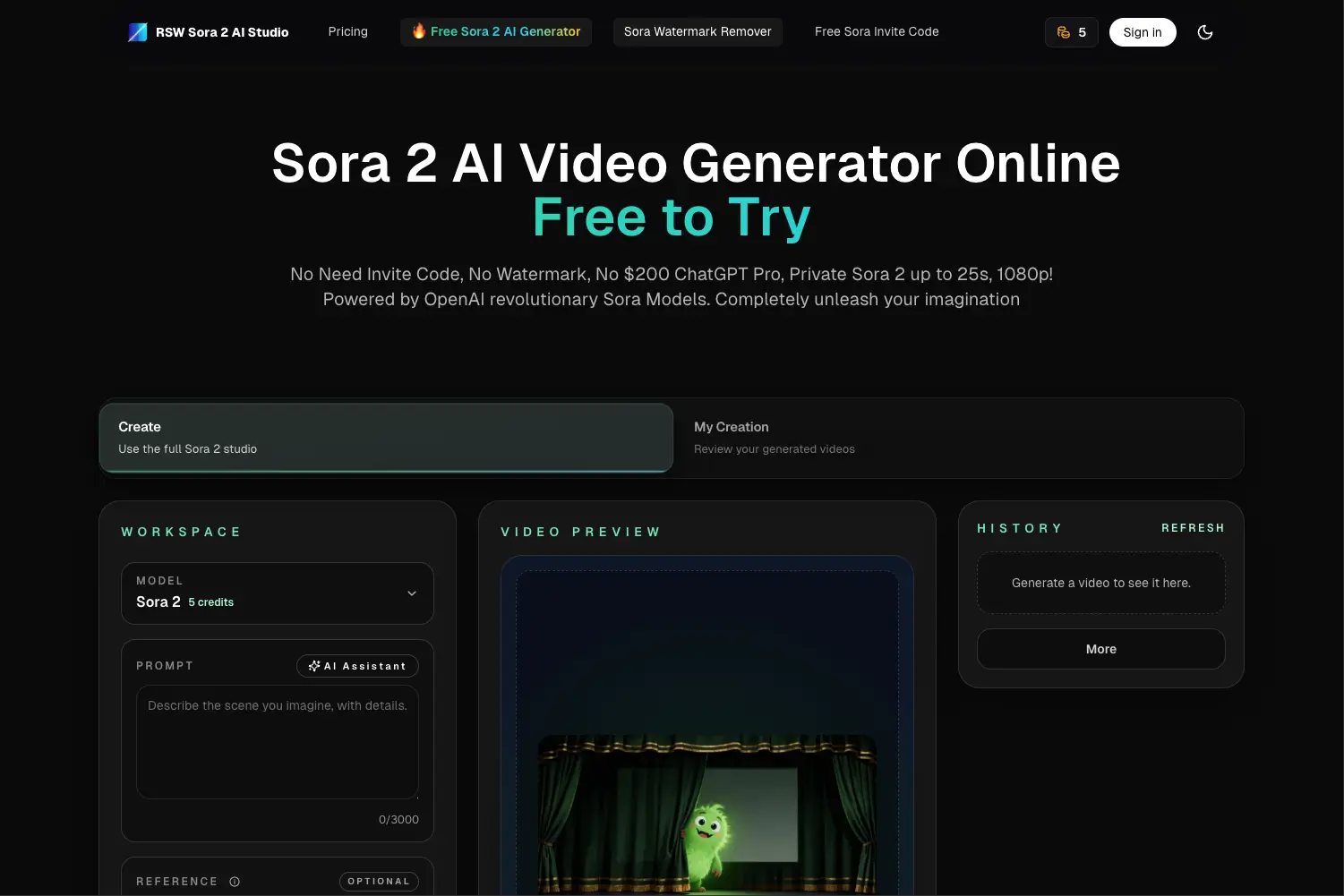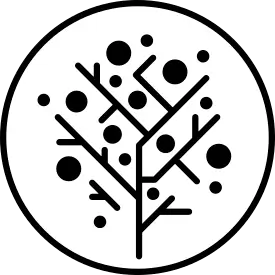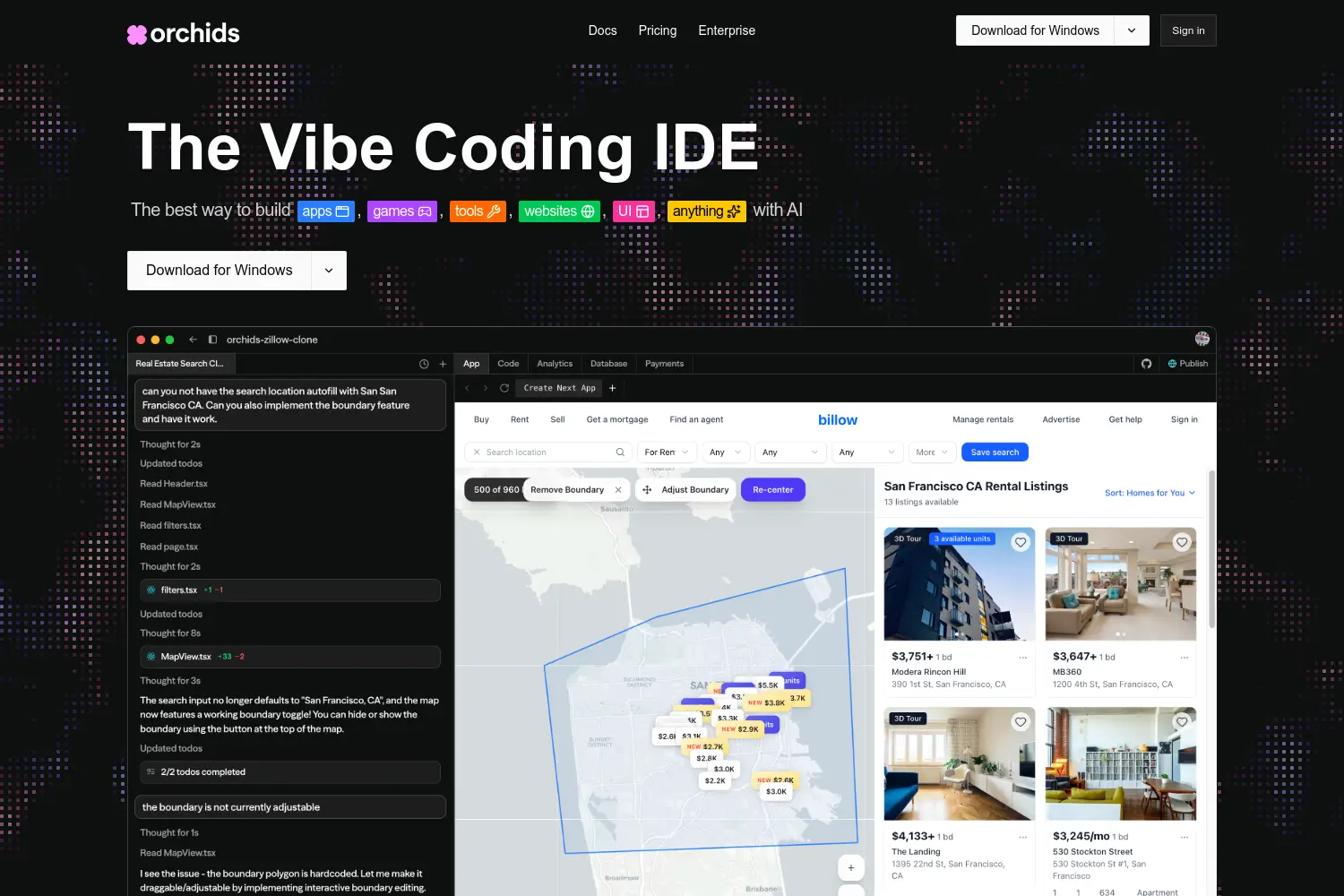Grokipedia vs Wikipedia: How It's Different
Musk’s AI encyclopedia challenges the internet’s biggest knowledge base.

Dudu
Oct 28, 2025

Last Updated Oct 28, 2025
Image Credit: Toolfolio
Elon Musk has launched Grokipedia, a new online encyclopedia made with the help of artificial intelligence. It aims to compete with Wikipedia, one of the most used knowledge websites in the world.
Musk says Grokipedia’s goal is to become “the most truthful source of knowledge” on the internet.

Unlike Wikipedia, which depends on human editors, Grokipedia uses Musk’s AI chatbot called Grok to write and check articles. This means the content is generated and verified by AI before it appears on the site. Musk believes this system will reduce bias and mistakes in online information.
The launch of Grokipedia has started a big debate about the future of knowledge-sharing online. So you might be having some questions like how it's any different than Wikipedia, how to use it and is it worth it.
Read this article till the end to find all the answers. Let's get started.
What is Grokipedia

Grokipedia is a new online encyclopedia created by Elon Musk’s company xAI. It runs on artificial intelligence and is linked to Musk’s AI chatbot called Grok, which is available to premium users on X (formerly Twitter).

Musk says Grokipedia’s goal is to give people facts that are “truth-focused” and free from bias.

The platform launched on October 27, 2025, in its first public version, called Grokipedia 0.1. Musk claimed that even this early version was “better than Wikipedia,” and promised that Version 1.0 would be ten times more advanced.
The site briefly went offline soon after launch, likely because of heavy traffic, but came back online hosting nearly 900,000 articles.

Unlike Wikipedia, users can’t edit Grokipedia pages directly. Instead, they can suggest corrections through a feedback form.
This setup gives Grok more control over what appears on the site. Musk argues that this will stop misinformation and opinion-based editing. However, some early visitors noticed missing or one-sided content, leading to debates about how “neutral” the AI’s version of truth really is.
Grokipedia vs Wikipedia: Key Differences
Here's every key difference between Grokipedia and Wikipedia that you need to know:
1. How content is created
Wikipedia is written and edited by people around the world. Anyone can make or fix an article, and all edits are reviewed by other users. Grokipedia, on the other hand, is powered by AI.

Its articles are created and checked by Grok, Elon Musk’s chatbot. Users can’t directly edit pages — they can only suggest corrections.
2. Who controls the platform
Wikipedia is run by the Wikimedia Foundation, a nonprofit group that has operated since 2001. It has open rules, public edit histories, and no ads.
Grokipedia is owned by xAI, Musk’s company, which runs for profit and decides how the system works. This means control is centralised under xAI instead of shared by a community.
3. Accuracy and bias
Wikipedia’s strength is its open review system, where editors check each other’s work using reliable sources.
Grokipedia relies on AI fact-checking, which can be faster but also more likely to make errors or reflect the bias of its training data.
Some users have noticed that certain Grokipedia pages leave out information critical of Musk or political figures like Donald Trump.

4. Use of Wikipedia content
Even though Grokipedia was built to compete with Wikipedia, some of its early pages are copied or “adapted” from Wikipedia articles under a Creative Commons licence. For example, pages about the MacBook Air and PlayStation 5 appear almost identical to Wikipedia versions.

This shows that Grokipedia still depends on human-written knowledge to start building its own database.

5. Speed and updates
Grokipedia aims to update information in real time, using AI to pull in new data quickly. Wikipedia moves slower because human editors need time to confirm sources and discuss changes.
Musk believes this makes Grokipedia more current, while critics say it may spread unchecked or incomplete facts.
6. Tone and writing style
Wikipedia follows a neutral and formal tone, focusing only on verified facts. Grokipedia sometimes uses Grok’s more casual and witty voice, which can make entries sound less traditional.
7. Scale and reach
As of now, Wikipedia has over 7 million English articles and is available in many languages.
Grokipedia, in its early version (v0.1), has around 885,000 articles. It is still small and being tested, while Wikipedia remains the largest encyclopedia ever made.
How to Use Grokipedia (Step by Step)
Using Grokipedia is easy. The site works like a simple search engine for AI-generated knowledge. It is still in its early stage, called version 0.1, as of October 2025.
Follow these steps to explore it:
Open any web browser on your phone or computer. Go to grokipedia.com. You’ll see a dark-themed homepage with a large search bar in the center.

Type what you want to learn about into the search bar. The AI will generate an article based on verified data and its internal database.

Once the page loads, you can read the full article. Most entries begin with a short summary and then move into sections for key details, history, and facts.

Grok AI claims to fact-check each page, but it’s smart to verify important facts from other trusted sites. Some Grokipedia articles include a note at the bottom saying they were “adapted from Wikipedia.”
Unlike Wikipedia, Grokipedia doesn’t show in-line citations. Instead, it lists its sources at the end. Always cross-check key information with Wikipedia, Google Scholar, or reliable news outlets.

If you use X (formerly Twitter), you can log in to Grokipedia with your X account. This gives you access to extra features and may personalize your experience.

You can’t edit Grokipedia pages directly. But if you find something wrong or missing, click the suggest correction or feedback button.

Your suggestion will go to the xAI team for review.
Final Thoughts: Grokipedia vs Wikipedia
Grokipedia is Elon Musk’s bold attempt to rethink how online knowledge is created and shared. It replaces human editors with AI and promises faster, “truth-focused” information. But it also raises big questions about accuracy, bias, and transparency.
Wikipedia has earned trust over more than 20 years through open editing and community review. Grokipedia is new and still finding its way. Whether it will become a reliable alternative or just another AI experiment depends on how it handles facts, feedback, and fairness.
For now, it’s best to treat Grokipedia as an extra source, not a replacement for Wikipedia or verified research. Explore it, compare, and think critically about what you read.
Check out our other articles for more on AI tools, Elon Musk’s projects, and the future of online knowledge.
You May Also Like
Featured Tools
Newest Additions
AI Image & Video Generation
Vibe Coding Library
Screenshot & Screen Recording Tools


















































































































































